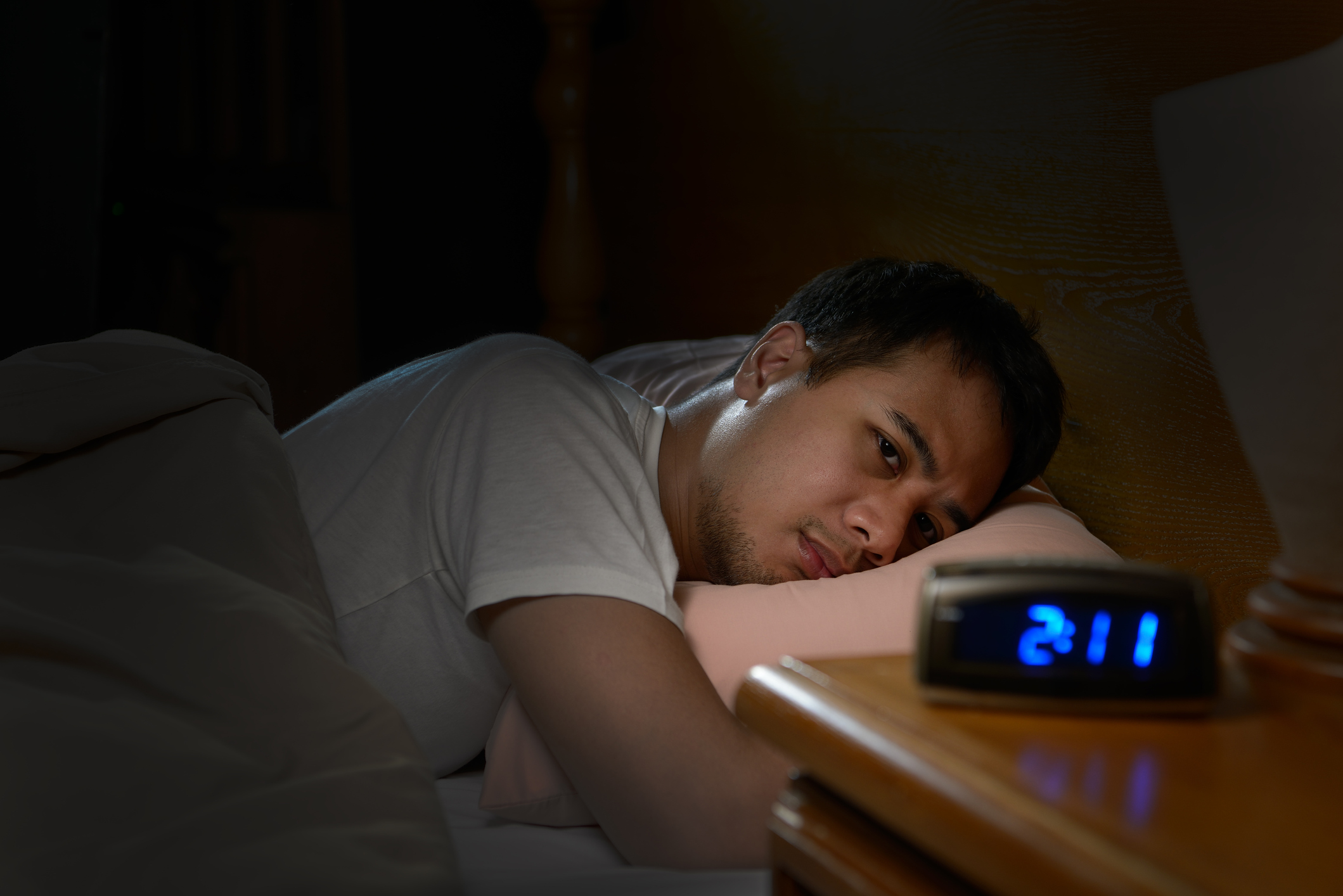
Insomnia and Obstructive Sleep Apnoea (OSA) are common sleep disorders which can happen together in the same person, but a new study suggests Cognitive Behavioural Therapy for Insomnia can improve symptoms of both disorders.
South Australian sleep experts advise people living with both conditions to consider Cognitive Behavioural Therapy for insomnia (CBTi) to treat underlying insomnia symptoms before starting continuous positive airway pressure (CPAP) mask therapy.
According to a new Flinders University study in European Respiratory Journal Open Research. CBT for insomnia not only improves insomnia symptoms in these patients, but also leads to a small reduction in the severity of their sleep apnoea.
These findings are important for the 30-50% of OSA patients who also experience insomnia symptoms.
Cognitive Behavioural Therapy targets maladaptive behavioural patterns and dysfunctional beliefs about sleep with a structured program that helps identify and replace thoughts and behaviors that cause or worsen sleep problems with good habits, effectively targeting underlying issues.
Dr Alexander Sweetman from the Adelaide Institute for Sleep Health at Flinders University says 145 patients with both insomnia and obstructive sleep apnoea took part in a 4 session CBT program with Psychologists. All patients completed sleep studies at home, before and after treatment.
Dr Sweetman says the main finding of the current study is that patients treated with CBTi showed more improvements in symptoms of insomnia (difficulties falling asleep or staying asleep during the night) and sleep apnoea (closure of the upper airway during sleep) compared to patients who were not treated with CBTi.
“CBTi patients reported a 21-minute decrease in time awake during the night, a 15% reduction in nighttime awakenings, and a 20.5% reduction in sleep apnoea severity when compared to patients that didn’t undertake CBTi.”
These results are interesting because they show that treatment of comorbid insomnia with CBTi improves insomnia symptoms, reduces the frequency of respiratory events, and increases subsequent acceptance and use of CPAP therapy in OSA patients with comorbid insomnia symptoms.
Dr Sweetman says these results provide additional support for the use of CBTi before starting CPAP therapy in the 30-50% of OSA patients also experiencing insomnia symptoms.
“Comorbid insomnia and sleep apnoea is a common and debilitating disorder. Importantly, 30-50% of OSA patients report insomnia symptoms, while 30-40% of insomnia patients fulfil diagnostic criteria for OSA.”
“These high prevalence estimates indicate bi-directional relationships between the mechanisms and manifestations of insomnia and OSA. These two sleep disorders commonly occur together, and it seems to be a two way street.”
“These findings suggest that common manifestations of untreated insomnia may contribute to increased OSA severity before treatment. Hence, it is possible that CBTi consolidates periods of sleep and reduces sleep-wake transitions to improve airway stability as reflected by a small reduction in AHI.”
Insomnia disorder is defined as chronic difficulties initiating sleep, maintaining sleep, and/or with early morning awakenings, in combination with associated daytime impairments. Alternatively, OSA is characterised by repetitive brief episodes of complete (apnoea) or partial (hypopnoea) closure of the upper airway during sleep, hypoxemia, and cortical arousals.
If you suffer from symptoms of insomnia or OSA, you can access gold-standard Cognitive Behavioural Therapy for Insomnia by contacting the Adelaide Institute for Sleep Health Insomnia Treatment service at sleephealthtreatment@flinders.edu.au.

